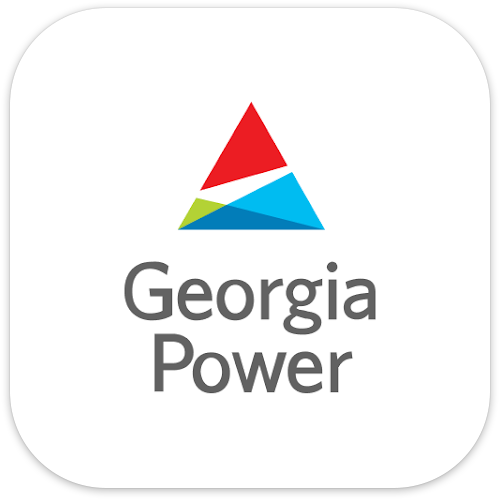Augusta is one of five cities chosen for a program focused on neighborhood housing conditions.
The Georgia Initiative for Community Housing (GICH), offered through the state’s Department of Community Affairs, will provide training and technical assistance.
Hawthorne Welcher, Jr., Director of Augusta-Richmond County Housing and Development told ABD his department will work with the Carl Vinson Institute at the University of Georgia (UGA) to create a housing plan.

“One of the things that I would like to see as we go through this process is that the technical assistance is not just that we created a housing plan; that it is really a community economic development plan that sort of speaks to the entire community of how we’re transforming these boundaries back into a thriving community,” he said.
Welcher said the project can address a number of issues facing Augusta, including providing affordable housing while simultaneously attacking blighted properties and improving a neighborhood’s infrastructure.
“We’re slowing it down and actually looking at every parcel and how every parcel is either advantageous or disadvantageous and if it is disadvantageous, how can we make it advantageous?” he explained.
“Because it’s not just to say, ‘Hey, we’re going to come in and demolish three houses and come back with three affordable ones.’ That’s not what we’re doing. We are strategically slowing it down, being very patient and methodical regarding exactly how we’re building back this area.”
Welcher’s department is working with multiple entities including the land bank, Chamber of Commerce, and Community Foundation for the CSRA.
The revitalization strategy will target the Turpin Hills neighborhood, bounded by Old Savannah Road, Olive Road, Turpin Street, and Martin Luther King Jr. Blvd. It was chosen due to the number of blighted properties, both residential and commercial.
Welcher believes a housing plan is good, but a community economic development plan is better.

“And when I say community economic development, I’m talking about housing. I’m talking about commercial properties and stores within these boundaries to be sure we are helping the small businesses,” Welcher said. “How are we helping them sustain? How are we taking abandoned commercial establishments and how are we creating jobs?”
Lessons learned in the three-year project in Turpin Hills will be used to create a sustainable model that can then be replicated in other neighborhoods.
Other cities chosen for GICH are Cornelia, Thomaston, and St. Marys along with Catoosa County.
A series of meetings has been scheduled for residents to learn more about what to expect, provide input, and ask questions.
“The first thing we want to do is to have communication, to develop a relationship with the residents within these boundaries that are being affected,” he said. “For us to be quiet and hear from the residents in regard to what they like to see in their respective community.”

While primarily for Turpin Hills residents and property owners, the community meetings are open to everyone to learn about GICH.
Three meetings will be held at the Carrie J. Mays Community Center at 1014 11th Ave. The first is on March 21 at 6:00 p.m., subsequent meetings will be on June 20 and September 19, also at 6:00 p.m.
For more information, the public can call (706) 312-5511.










